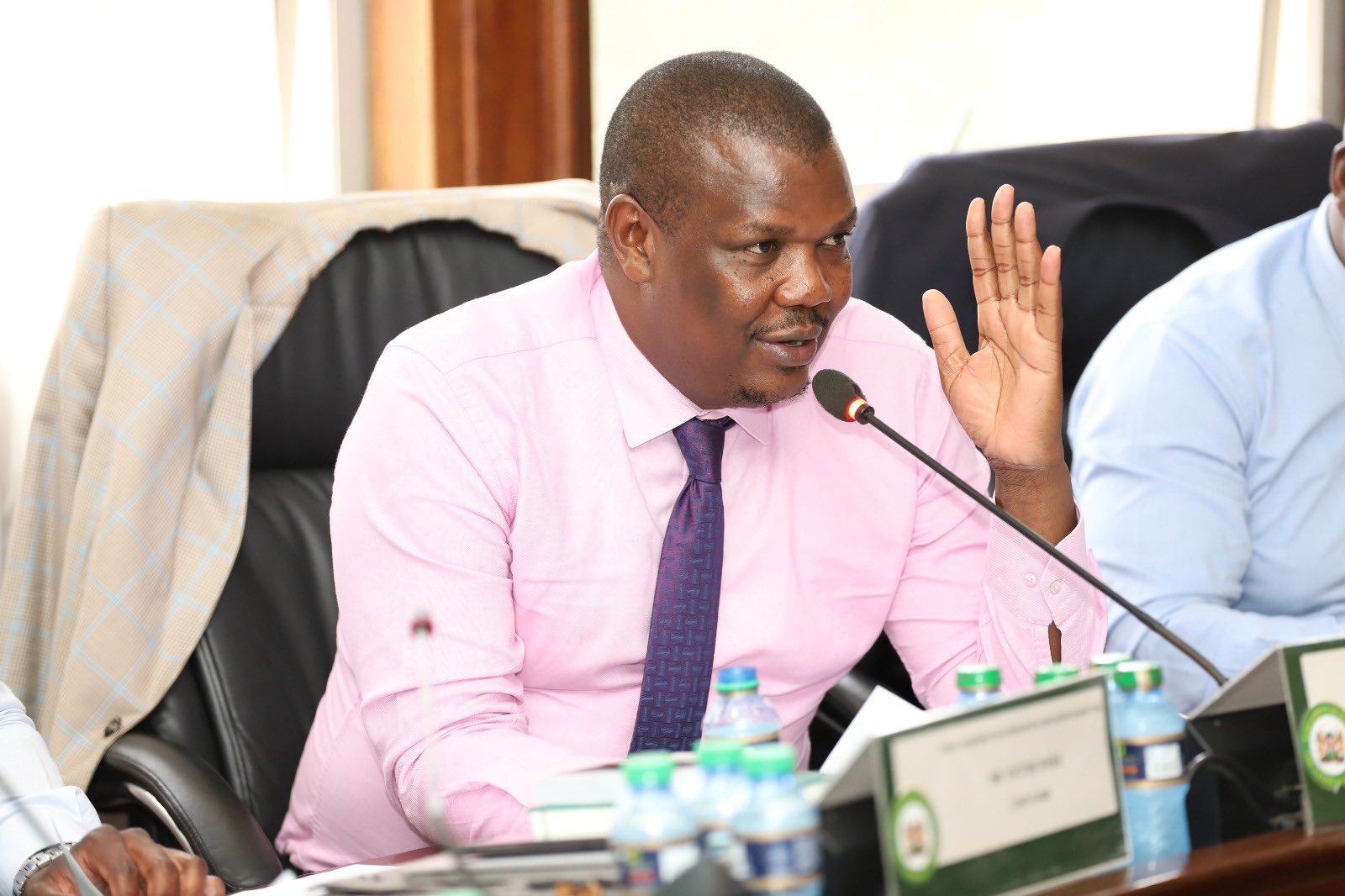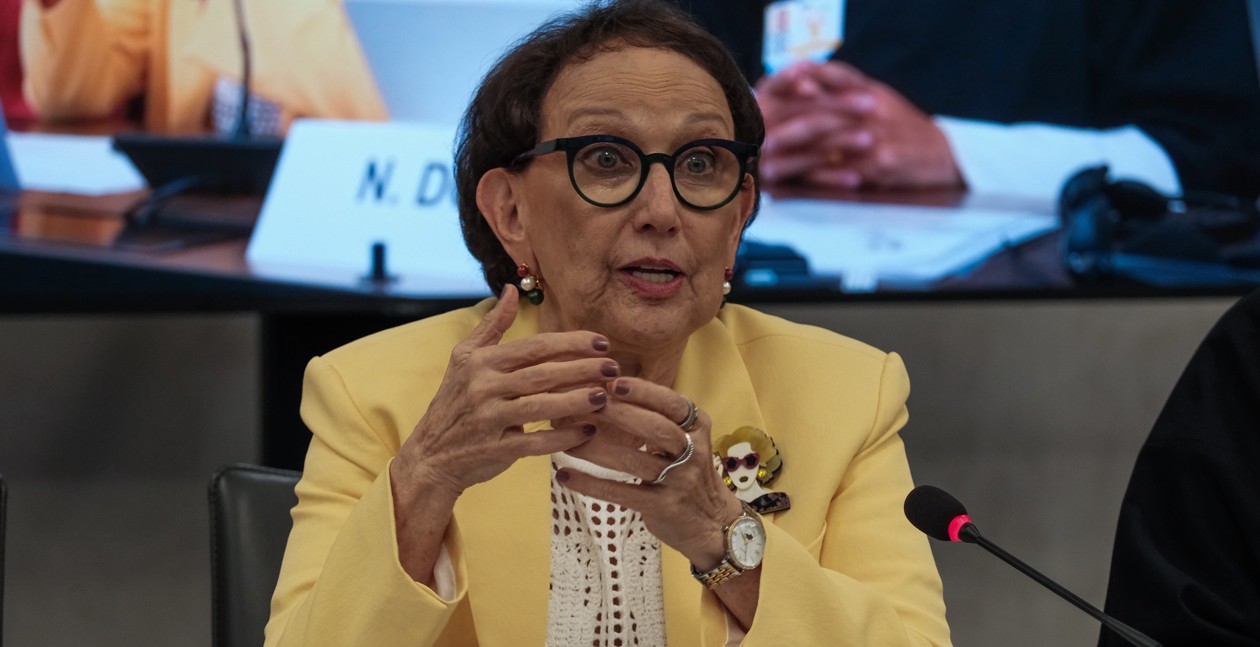Public universities in crisis as MPs warn of financial ruin

Education Cabinet Secretary Julius Migos Ogamba admitted that the sector is facing deep-rooted challenges.
The unchecked expansion of public universities and TVET institutions has left many unable to sustain their wage bills or meet basic operational needs, a parliamentary committee has warned.
Speaking during a session with Ministry of Education officials, the National Assembly's Public Investments Committee on Governance and Education, chaired by MP Jack Wamboka, noted that the current crisis in higher education is driven by runaway growth and bloated staff numbers.
More To Read
- Koitaleel, Maasai Mara universities under fire over missing records, unapproved payments
- Auditor General flags public universities over Sh62 billion wage bill
- MPs slam university leaders over audit hearing preparedness
- Public universities face lecturer shortage despite rising enrolments, says CUE
- How tuition fee cut is forcing universities to rethink survival strategies
- Audit reveals Sh3 billion financial irregularities in public universities
The Technical University of Kenya (TU-K) was named as one of the institutions struggling to remain afloat. Since it became a fully-fledged university in 2013, TU-K has operated under a persistent cash crunch.
The committee was told the university earns Sh207 million per month, including government capitation of Sh63.3 million, but its expenses stand at Sh314 million. Its wage bill alone is Sh 272 million per month, which it has been unable to meet.
As a result, TU-K has been paying staff net salaries only and failing to remit pensions, taxes, housing levies, and third-party deductions such as bank loans and SACCO contributions. The financial pressure has led to the accumulation of Sh12.99 billion in debt.
At Moi University, a similar story was told. The Committee learned that the university owes over Sh9.2 billion in pending bills. Of this, Sh4.2 billion is owed to retirement and provident funds, attracting penalties and interest due to delayed payments.
The inability to remit statutory deductions has triggered unrest and strikes by staff, the MPs heard. This has affected learning and created further strain on the institutions.
The Committee also questioned the return of university bosses who had previously gone on leave. In particular, they looked into the case of Kenyatta University’s Vice-Chancellor Prof. Paul Wainaina, who took leave in April 2024 with 202 leave days to his name.
Though the leave was to end in January 2025, the Council extended it. Prof. Wainaina now says his leave ended on January 30, and he should return to office.
He also maintains that he is on a fixed contract ending January 2026 and is not subject to retirement age.
MPs said it was unacceptable that many staff continued to serve in acting roles indefinitely. The acting Vice-Chancellor of Kenyatta University, for instance, has been in that capacity for one year.
Deep-rooted challenges
Education Cabinet Secretary Julius Migos Ogamba admitted that the sector is facing deep-rooted challenges. He outlined a recovery plan developed with TU-K, which includes Sh145 million in Direct Payroll Support between January and June 2025.
The Ministry will also issue conditional grants from the 2025/2026 to 2031/2032 financial years to help institutions cover salaries and remit statutory deductions.
In addition, TU-K will be expected to contribute in specific financial years to settle outstanding liabilities linked to its former staff pension scheme.
The CS told MPs that Sh500 million had been given to Moi University to support staff payments. A phased plan has been adopted to repay the Sh8.6 billion debt the university owes.
“We are working with all stakeholders in the university sub-sector to ensure that our universities are run efficiently and sustainably so that they do not run into financial crises as we have seen before,” Ogamba said.
“A key part of this is good corporate governance, which we are working to instil by appointing competent and suitable persons as Council members and as senior management in our public universities.”
Regarding Prof. Wainaina’s case, the CS stated, "As a Ministry, we have taken the position that we will be guided by the decision of the Court once the matter is concluded.”
MPs commended the Ministry for the response and the initial efforts but urged firmer measures. They said politically motivated university councils continue to make poor appointments that lead to poor management and repeated financial woes.
Top Stories Today













































